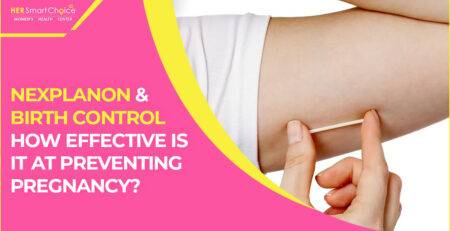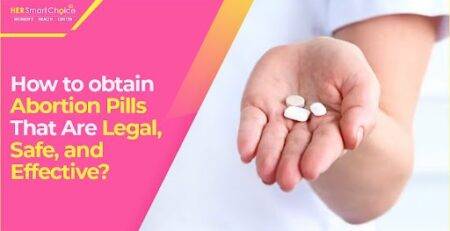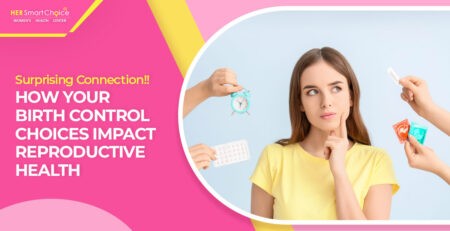When Can You Start Trying to Get Pregnant After Stopping Birth Control? Your Guide to Fertility and Timing
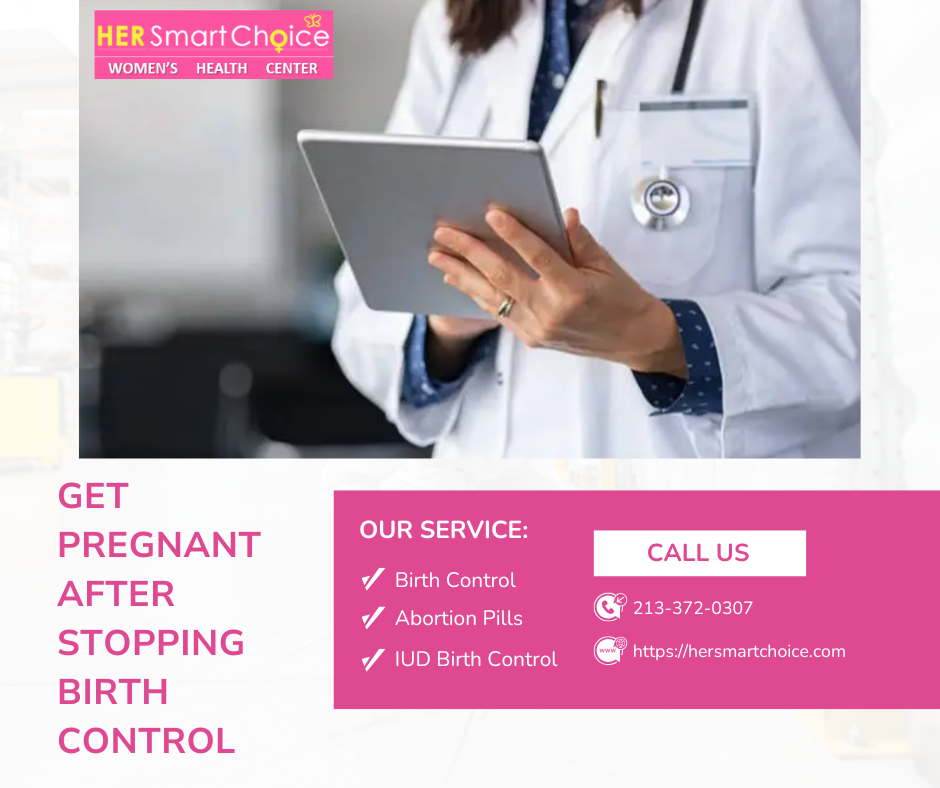
So, you’ve decided to stop using contraception and are wondering, “When can I get pregnant after birth control?” It’s a common and important question when you’re planning for a baby. Knowing the typical timeline for your fertility to return and how to time conception can bring you peace of mind and help you navigate this exciting phase. This guide will walk you through everything you need to know, from average recovery times and how different birth control methods play a role, to how your age and overall health might influence things.
Follow Us!
We’ll also share tips for boosting your chances of conceiving, clear up some common myths, and touch on your partner’s role in this journey. You’ll get the inside scoop on when ovulation typically kicks back in, what to expect with various birth control types, how lifestyle and age can impact your fertility, and smart strategies to help you conceive when you’re ready.
How Soon Can You Expect to Get Pregnant After Quitting Birth Control?
The speed at which your fertility returns after stopping birth control really depends on how the method worked, how quickly your body clears the hormones, and your own unique physiology. Hormonal birth control methods work by preventing ovulation, so when you stop, your body can start ovulating again. For many women who were on combined birth control pills, ovulation can return within a few weeks, meaning you could potentially get pregnant in your very first cycle off the pill.
What’s the Usual Timeline for Fertility to Come Back After Birth Control?
Generally, most women find their fertility returns within one to three months after stopping hormonal birth control. Studies show that around 83% of women conceive within a year of discontinuing contraception.
Return of fertility after discontinuation of contraception: a systematic review and meta-analysis
A comprehensive review in 2018, looking at 22 studies and nearly 15,000 women, found that about 83% of women who stopped using contraception became pregnant within 12 months.
This research offers a good general idea of what to expect regarding fertility recovery after stopping different types of birth control.
Birth control pills leave your system within days, and ovulation usually resumes within one to two cycles. If you have an IUD removed, you can ovulate right away. Injectable methods, like Depo-Provera, can take longer to clear from your body, sometimes delaying fertility for up to 18 months in certain cases. These differences are due to how quickly your body processes the hormones and your individual metabolism.
Is It Possible to Get Pregnant Right Away After Stopping Birth Control?
Yes, it’s absolutely possible to get pregnant immediately after stopping most birth control methods because ovulation can start up again in your very next cycle. Once your estrogen and progesterone levels return to normal, your reproductive system reactivates, leading to follicle development and egg release. For example, after a hormonal IUD is removed, ovulation typically happens within about four weeks, making conception possible very soon after.
What Are My Chances of Getting Pregnant in the First Month Off Birth Control?
For most women, the chance of conceiving in the first month after stopping birth control is about 20–25%, which is similar to natural conception rates. If you were on combined birth control pills, your ovulation should return quickly, giving you a good chance of pregnancy in that first cycle. If you used injectable contraception, your chances in the first month might be lower because ovulation can be delayed. These probabilities can also depend on your age, how regular your cycles were before, and your partner’s fertility. Keeping an eye on your cycle signs and timing intercourse around ovulation can really help boost your chances, even in that first month.
What Are the Fertility Timelines for Different Birth Control Methods?
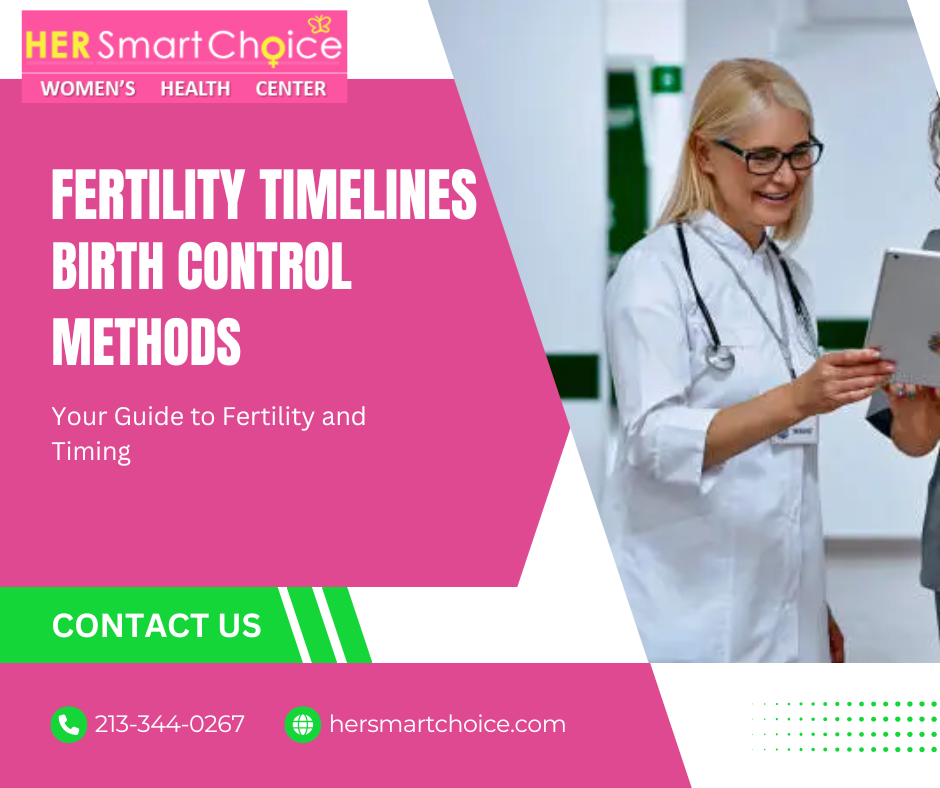
Each type of birth control clears hormones from your body at a different pace, which affects when you can ovulate and conceive. Understanding these timelines for each method can help you set realistic expectations as you plan for pregnancy.
Return to pregnancy after contraceptive discontinuation to become pregnant: a pooled analysis of West and East African populations
A large analysis of nearly 15,000 women across 22 studies, conducted between 1985 and 2017, found that 83.1% of women became pregnant within 12 months of stopping a reversible contraceptive method.
This study highlights how the type of birth control you used can influence how long it takes for your fertility to return.
How Long Does It Typically Take to Conceive After Stopping the Birth Control Pill?
Most women conceive within three months of stopping combined oral contraceptive pills, with ovulation usually returning within one or two cycles. If you were using progestin-only mini-pills, ovulation might return within 30–45 days, though some women might experience irregularities that extend this period.
| Pill Type | Typical Ovulation Return | Conception Window |
|---|---|---|
| Combined Oral Contraceptive | 4–8 weeks | 1–3 months after stopping |
| Progestin-Only Mini-Pill | 6–10 weeks | 2–4 months after stopping |
It’s quite common to get pregnant in your first cycle after stopping the pill, thanks to how quickly the hormones clear and your cycle normalizes. Keeping track of your periods after stopping the pill can help you see when your fertile windows are likely to occur.
When Can You Expect Fertility to Return After IUD Removal?
Your fertility should return quite quickly after either a hormonal or copper IUD is removed, often within one menstrual cycle. Since there are no systemic hormones involved with an IUD, your hypothalamus and ovaries can get back to their normal cycles right away.
- Hormonal IUD: Ovulation typically returns within 4–6 weeks.
- Copper IUD: Since it doesn’t use hormones, ovulation is not suppressed and continues uninterrupted.
Fertility return after hormonal contraceptive discontinuation and associated factors among women attended Family Guidance Association of Ethiopia Dessie model clinic, Northeast Ethiopia: A cross-sectional study
The study found that 88.6% of women became pregnant after stopping any hormonal contraceptive method. Specifically, for users of Depo-Provera, implants, IUCDs, and OCPs before their current pregnancy, the return-to-fertility rates were 75%, 99.1%, 100%, and 97.8%, respectively.
If your IUD is removed just before you ovulate, you could conceive immediately. This really highlights how important it is to track your cycle after having an IUD removed.
How Does Depo-Provera Affect When You Can Get Pregnant?
Depo-Provera works by releasing medroxyprogesterone acetate, which stops ovulation for about 12–14 weeks per injection. It can take 6–18 months for this hormone to fully clear your system, which can delay ovulation and your ability to conceive.
| Attribute | Impact on Fertility | Timeframe |
|---|---|---|
| Depo-Provera Injection | Delayed ovulation | Up to 18 months |
| Medroxyprogesterone Acetate | Extended clearance | 6–18 months |
Because ovulation timing can be unpredictable after Depo-Provera, using fertility tests and tracking your cycle can help you figure out the best time to start trying to conceive.
What Should You Expect After Stopping the Patch, Ring, and Implant?
The transdermal patch, vaginal ring, and subdermal implant are designed to allow ovulation to resume within weeks to months after you stop using them.
- Patch and Ring: Hormone levels drop quickly, and ovulation usually returns within 1–2 cycles.
- Implant (Levonorgestrel): Ovulation might be delayed for 1–3 months after removal.
These methods generally have a quick recovery period, similar to birth control pills, meaning you can often conceive relatively soon after stopping.
How Does Your Age Play a Role in Fertility After Stopping Birth Control?
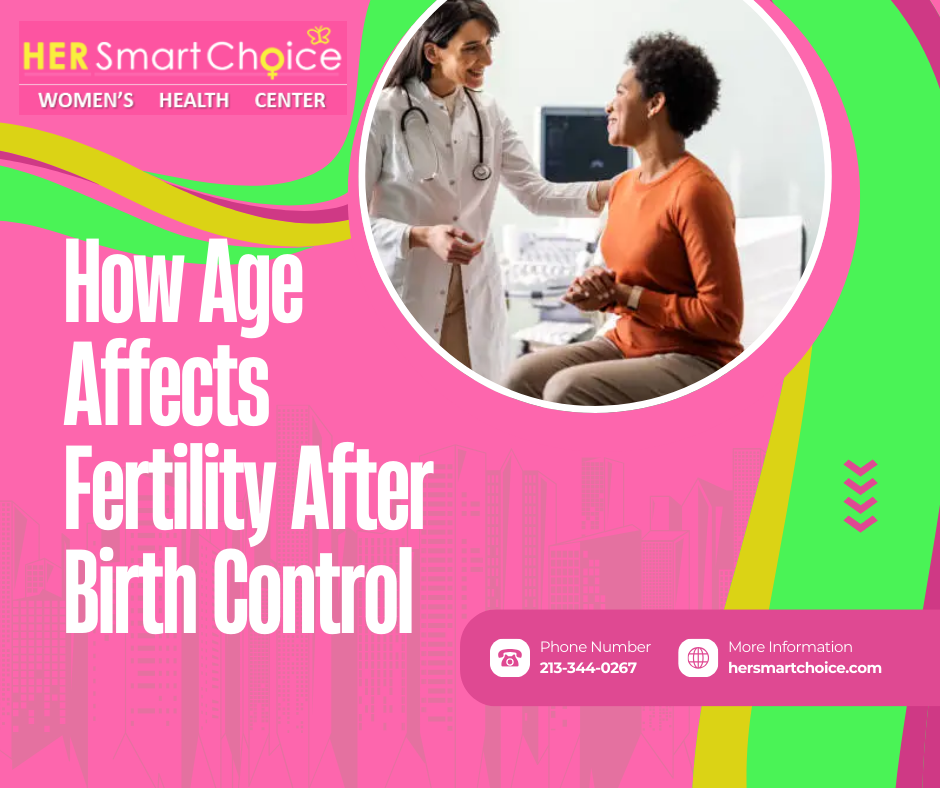
Your age is a significant factor in how many eggs you have and their quality, which impacts your chances of conceiving once you stop birth control. As your ovarian reserve naturally decreases with age, your monthly chances of getting pregnant tend to go down.
How Does Age Affect Egg Quality and Your Chances of Conceiving?
Egg quality tends to decline as you get older, mainly due to an increase in chromosomal errors and a decrease in mitochondrial function. Women under 30 typically have about a 25% chance of conceiving each cycle. This drops to around 15% for women in their mid-30s, and by age 40, it’s less than 10%.
- Under 30: High-quality eggs lead to approximately a 25% chance per cycle.
- 30–35: A moderate decline in egg quality results in about a 20% chance per cycle.
- Over 35: Egg quality declines more rapidly, with a 10–15% chance per cycle.
- Over 40: Further decline means less than a 10% chance per cycle.
This decrease in egg viability is why it might take longer for older individuals to conceive after stopping birth control.
What Are the Chances of Getting Pregnant by Age Group After Birth Control?
| Age Group | First-Cycle Chance | 12-Month Cumulative |
|---|---|---|
| Under 30 | 25% | 85% |
| 30–34 | 20% | 80% |
| 35–39 | 15% | 70% |
| 40 and above | 10% | 50% |
These figures can help you plan realistically and know when it might be a good time to seek fertility advice if conception is taking longer than expected.
What Health and Lifestyle Factors Influence Getting Pregnant After Birth Control?
Beyond age and the type of birth control you used, your personal health conditions and lifestyle choices play a big role in how quickly your fertility returns. Making positive changes in these areas can help you conceive more smoothly once you stop contraception.
How Do Conditions Like PCOS or Endometriosis Affect Fertility Return?
Conditions such as Polycystic Ovary Syndrome (PCOS) and endometriosis can interfere with normal ovulation and the uterine environment, potentially delaying conception even after you stop birth control.
- PCOS: Often leads to irregular ovulation, requiring specific strategies to manage your cycles.
- Endometriosis: Can cause inflammation that might affect egg release and the ability for an embryo to implant.
Addressing these underlying conditions can help restore regular ovulation and support a healthier timeline for conception.
How Do Weight, Stress, and Lifestyle Choices Impact Conception?
Maintaining a healthy weight, managing stress, and adopting a balanced diet are key to regulating hormones and ensuring consistent ovulation.
- Healthy Weight: A Body Mass Index (BMI) between 18.5 and 24.9 is generally associated with regular menstrual cycles.
- Stress Management: Lowering stress levels can help reduce cortisol, which in turn supports normal hormone release for ovulation.
- Good Nutrition: Ensuring you get enough folate, iron, and omega-3 fatty acids can contribute to healthy egg development.
Optimizing your lifestyle can complement your body’s natural return to fertility and improve your chances of conceiving in the first few cycles after stopping birth control.
Does the Length of Time You Were on Birth Control Affect Long-Term Fertility?
Using hormonal birth control for an extended period generally does not harm your future fertility. While it might take a little longer for your cycles to become perfectly regular again, your chances of conceiving within a year remain high, typically above 80%, regardless of how long you were on contraception.
Stopping birth control after many years simply means your body needs to go through its natural hormone clearance process, without any lasting impact on your egg supply.
How Can You Maximize Your Chances of Getting Pregnant After Birth Control?
Getting ready for pregnancy involves understanding your cycle, knowing when you’re most fertile, and seeking medical advice when needed. These steps can help you conceive more efficiently.
How Can Tracking Your Menstrual Cycle and Ovulation Help?
By monitoring your cycle length, basal body temperature, and cervical mucus, you can pinpoint your fertile window. This allows you to time intercourse for when you’re most likely to conceive. Using fertility awareness methods can give you a clear picture of when ovulation is happening, significantly boosting your chances of getting pregnant.
What Are the Best Ovulation Tracking Methods After Birth Control?
- Basal Body Temperature (BBT) Charting – This helps detect the slight rise in temperature that occurs after ovulation.
- Ovulation Predictor Kits (OPKs) – These tests measure the surge in luteinizing hormone (LH) in your urine, which signals ovulation is imminent.
- Cervical Mucus Observation – Paying attention to changes in your cervical mucus, from dry to a slippery, egg-white consistency, can indicate your most fertile days.
Using a combination of these methods often provides the most accurate way to identify your ovulation timing, helping you time conception efforts effectively.
When Should You Talk to a Doctor About Fertility After Birth Control?
It’s a good idea to consult with a healthcare professional if you haven’t conceived within:
- 6 months if you are over age 35.
- 12 months if you are under age 35.
A fertility evaluation can help identify any potential issues, such as hormonal imbalances, problems with fallopian tube patency, or male factor infertility, and guide you toward personalized strategies to support your pregnancy journey.
What Are Common Myths and Misconceptions About Fertility After Birth Control?
Misinformation can sometimes cause unnecessary worry or lead to delays in trying to conceive. Let’s clear up some common myths so you can focus on what really matters.
Is There a Need to ‘Detox’ From Hormones Before Trying to Conceive?
No, there’s no need for a special “detox” after stopping hormonal birth control. Your body is very efficient at metabolizing and eliminating synthetic hormones on its own. Your liver naturally processes these hormones, bringing your levels back to normal without the need for any special routines.
Does Stopping Birth Control Increase Miscarriage Risk?
No, current research indicates that stopping birth control has no impact on your risk of miscarriage or the development of your baby. The timing of conception after stopping contraception doesn’t affect chromosomal or developmental outcomes.
Can Birth Control Cause Long-Term Infertility?
There is no credible scientific evidence to suggest that using hormonal birth control as directed leads to long-term infertility. Your ability to conceive after stopping birth control typically aligns with the method’s hormone clearance timeline and your individual factors, not with how long you used the contraception.
How Does Partner Fertility Affect Getting Pregnant After Birth Control?

Conception is a team effort, and both partners’ reproductive health is crucial. Male factors can contribute to up to half of all infertility cases, so it’s important for both of you to be on the same page and optimize your health together.
Why Is Male Fertility Important in Conception Timing?
The quality of sperm—including its count, movement (motility), and shape (morphology)—directly influences the chances of fertilizing an egg during that limited fertile window. Healthy sperm parameters are essential for successful fertilization and complement the return of female ovulation.
How Can Couples Optimize Fertility Together After Birth Control?
- Aim to have intercourse every 1–2 days during your fertile window.
- Ensure both partners maintain healthy lifestyles, including a balanced diet and limiting alcohol intake.
- Consider a joint fertility assessment if conception hasn’t occurred within the recommended timeframes.
Approaching fertility as a shared journey, with collaborative planning and support, can significantly increase your chances of a successful pregnancy.
Staying informed about your personal timeline for fertility return after birth control is empowering and helps you plan with confidence. By understanding how different methods work, considering age-related factors, optimizing your health, and using proven fertility-boosting strategies, you can position yourselves to conceive on your desired schedule. With realistic expectations and evidence-based approaches, many couples achieve pregnancy within the first few cycles. For those who face challenges, targeted medical guidance can provide the necessary support. Tracking ovulation, prioritizing your health, and dispelling myths are all key steps on your path to a healthy conception journey.
Pregnancy After Birth Control: FAQs for Women
Yes, for most methods (like the pill, patch, ring, or IUD), ovulation can return in the very next cycle.
No. Long-term use does not cause infertility. Once hormones clear, your fertility returns to your natural baseline.
Fertility can take 6–18 months to return after the last injection, which is longer than other methods.
Yes. Women under 30 have about a 25% chance per cycle, while those over 35 may have lower chances due to egg quality decline.
See a fertility specialist if you’re under 35 and not pregnant after 12 months, or over 35 and not pregnant after 6 months.
Follow Us!
About Her Smart Choice
Her Smart Choice is a women’s health clinic in Los Angeles, California, specializing in abortion care, birth control, and reproductive health. Our licensed medical team reviews all content to ensure accuracy and compassionate guidance.
Disclaimer: This article is for educational purposes only and should not replace medical advice. Every fertility journey is unique, and conception timelines vary. For personalized guidance, please consult a qualified healthcare provider. Her Smart Choice Women’s Health and Abortion Clinic in Los Ange







